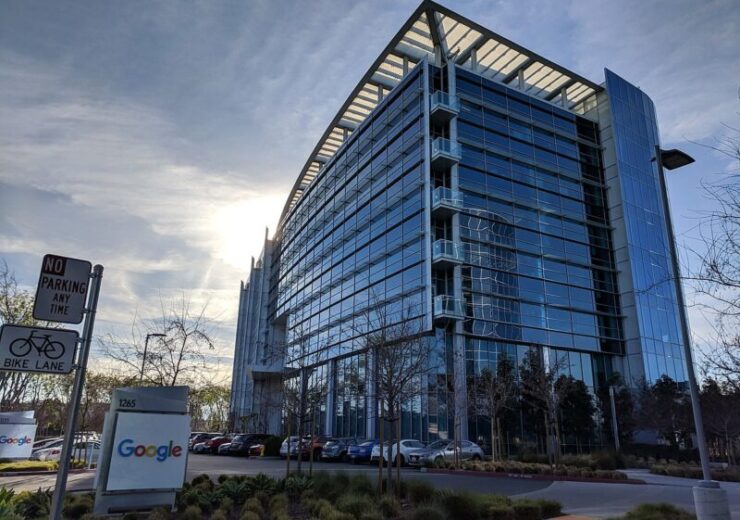The case revolves around a fine imposed on the internet major by EU Competition Commissioner Margrethe Vestager in June 2017 overt the company's alleged preferential treatment of its own comparison shopping service over competing services in the same category

Google challenges €2.42bn EU antitrust fine in EU’s top court. (Credit: Grendelkhan/Wikimedia Commons)
Search engine major Google has made a final attempt in Europe’s highest court to reverse a €2.42bn antitrust fine imposed by the European Union (EU) for alleged market abuse connected to its shopping service.
Google accused regulators of not adequately demonstrating the anti-competitive nature of its practices, reported Reuters.
After the General Court dismissed Google’s challenge to the fine imposed by EU antitrust chief Margrethe Vestager in 2017, Google has turned to the Court of Justice of the European Union (CJEU) for recourse.
Google’s attorney, Thomas Graf, contended that the European Commission (EC) had not successfully demonstrated that the company’s disparate treatment of competitors constituted abuse. Graf emphasised that differing treatment alone did not equate to anti-competitive conduct.
The lawyer, as quoted by the news agency, told the panel of 15 judges: “Companies don’t compete by treating their competitors equally. They compete by treating them differently. The fundamental essence of competition is for a company to set itself apart from rivals, not to align with them and become indistinguishable.”
He further argued that labelling every distinct treatment, especially when it comes to distinguishing between first-party and third-party businesses, as abusive would undermine competition. Such an approach would diminish companies’ capacity and motivation to compete and innovate, said Graf.
The European Commission’s lawyer, Fernando Castillo de la Torre, rejected Google’s arguments, alleging that the company had manipulated its algorithms to unfairly prioritise its price comparison shopping service, thereby violating EU antitrust regulations.
He stated: “Google had the right to employ algorithms that reduce the visibility of certain outcomes that were less pertinent to a user’s query.”
According to Fernando Castillo de la Torre, Google was not allowed to use its dominance in general search to boost its position in comparison shopping. This means promoting its own service results, adding attractive features, and using algorithms to push down competitors while showcasing its own results with appealing features, said the lawyer.
CJEU Advocate General Juliane Kokott has announced that she will provide her non-binding opinion on 11 January 2024. The CJEU will make a final decision in the months ahead based on her recommendation.
The case revolves around a fine imposed on the internet major by EU Competition Commissioner Margrethe Vestager in June 2017 over the company’s alleged preferential treatment of its own comparison shopping service over competing services in the same category.
It marked the initial of three fines for anti-competitive behaviours that have collectively amounted to €8.25bn for Google over the last 10 years.


